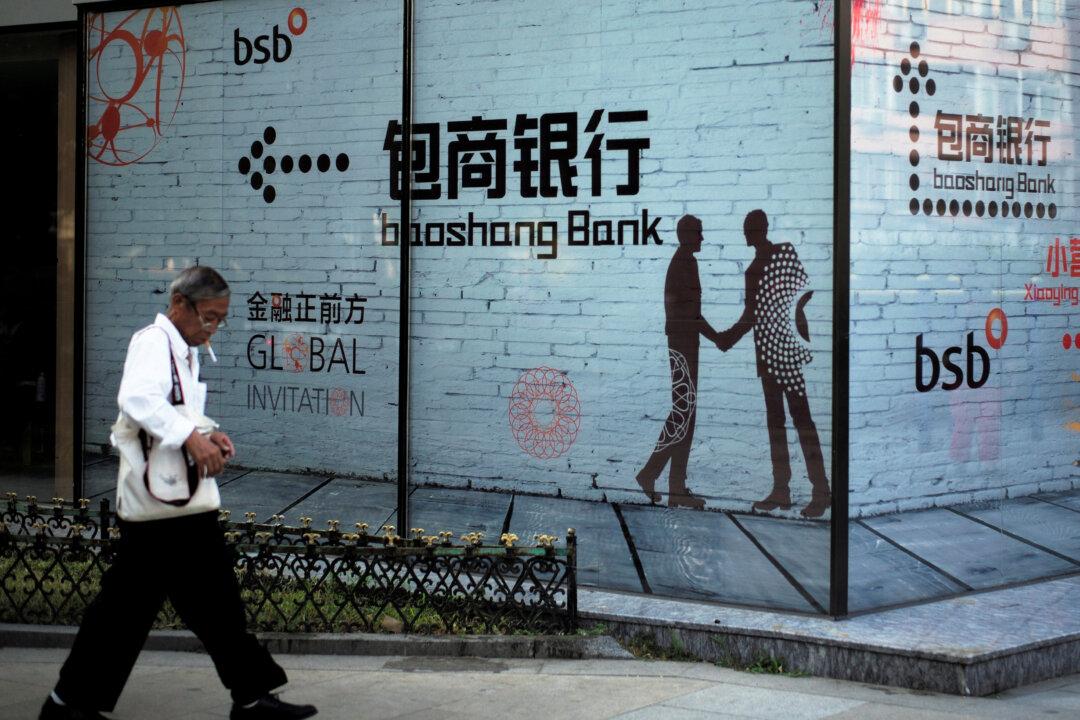BEIJING—A rare government takeover of a little-known Chinese bank has revived concerns about the true health of hundreds of small lenders in the country as a slowing economy and souring loans test their capital buffers and drain their reserves.
Regulators seized Baoshang Bank last week, citing serious credit risks. The sudden takeover of the Inner Mongolia-based lender has fanned worries about other banks with substantial borrowings.





